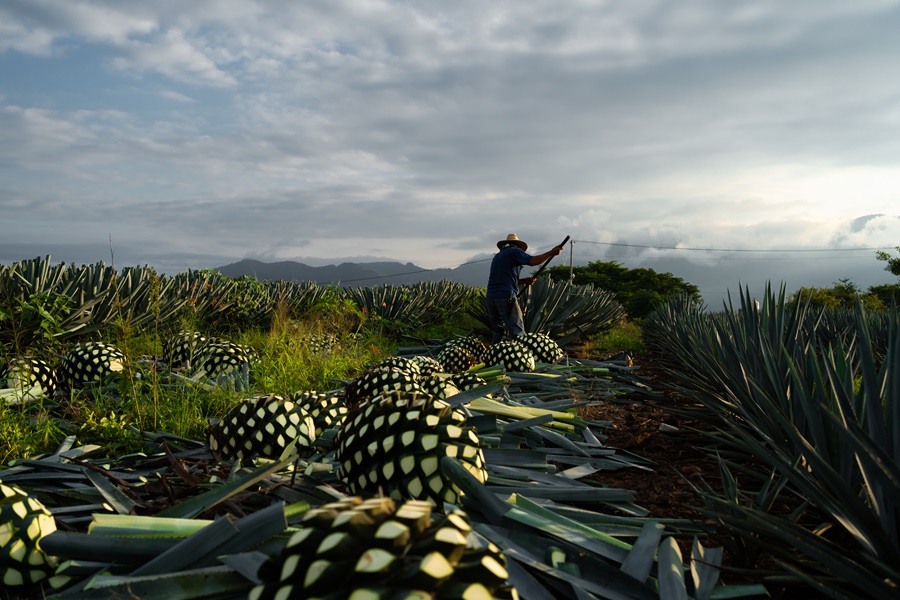
How Is Tequila Made – Exploring The Heart Of Tequila
How Is Tequila Made – Exploring The Heart Of Tequila
Tequila, the iconic Mexican spirit, has a rich history and a meticulous production process that fascinates both connoisseurs and casual drinkers alike. When we think of tequila, images of lively celebrations and sun-drenched landscapes often come to mind. But have you ever wondered, how is tequila made? Let’s take a deep dive into the heart of tequila, uncovering the journey from agave plant to your glass. Remember, tequila is made from agave, a plant that is both the heart and soul of this beloved spirit.
The Origins of Tequila
Tequila’s story begins with the blue agave plant, scientifically known as Agave tequilana. This succulent plant thrives in the volcanic soils of the Jalisco region in Mexico, where the climate and terrain provide ideal growing conditions. The journey of tequila starts with a careful selection of these agave plants, which will ultimately become the key ingredient in this beloved spirit.
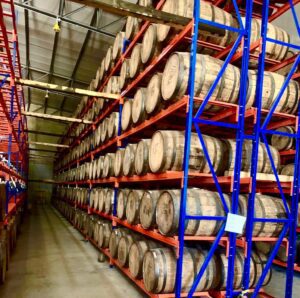
The first step in understanding how is tequila made is to look at the harvesting process. Agave plants take between seven to ten years to mature. When they are ready, skilled harvesters known as “jimadores” use a special tool called a “coa” to cut away the sharp leaves, revealing the heart of the plant, known as the piña. These piñas, which can weigh up to 200 pounds, are the treasure troves of sweet sap necessary for tequila production.
Cooking the Piñas
After harvesting, the piñas are taken to a distillery where they undergo cooking. Traditionally, this was done in large stone ovens called hornos. However, many modern distilleries use stainless steel autoclaves, which speed up the process while maintaining quality. Cooking the piñas transforms their complex carbohydrates into fermentable sugars, a crucial step in how is tequila made.
Crushing and Extracting
After cooking, the piñas are crushed to extract their sweet juice, known as aguamiel. This can be done using traditional stone mills, called tahonas, or more modern roller mills. The extracted juice contains the essential sugars that will be fermented into alcohol. It’s this step that truly highlights the role of tequila ingredients, as the quality of the agave and the extraction method significantly influence the final product.
Fermentation
Fermentation is a vital process in how is tequila made. The extracted juice is placed in large fermentation tanks, where yeast is added to convert the sugars into alcohol. This stage can take several days, and the environment is carefully controlled to ensure optimal fermentation.
The type of yeast and the duration of fermentation play crucial roles in developing the tequila’s profile.
Distillation
Once fermentation is complete, the liquid is distilled to increase its alcohol content and refine its profile. Tequila undergoes two rounds of distillation in copper pot stills or column stills. The first distillation, called “destrozamiento,” results in a low-proof liquid known as “ordinario.” The second distillation, known as “rectification,” produces the tequila we recognize, with an alcohol content of around 55%.
Aging
Not all tequilas are aged, but those that are can develop complex aromas. Tequilas can be classified into different categories based on their aging process:
Blanco (or Silver): Unaged or aged for less than two months, retaining a pure agave profile.
Reposado: Aged between two months and one year in oak barrels, acquiring a smoother, more nuanced profile.
Añejo: Aged from one to three years, resulting in a richer, more complex profile.
Extra Añejo: Aged for over three years, offering deep, sophisticated notes.
Aging in oak barrels allows the tequila to absorb notes from the wood, enhancing its overall taste.
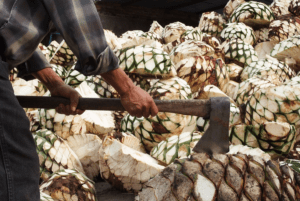
The final step in how is tequila made is bottling. After reaching the desired quality, tequila is filtered, diluted to 40% ABV, bottled, labeled, and ready for distribution. Enjoy this versatile spirit neat or in cocktails like a classic Margarita or vibrant Paloma.
The Essence of Tequila Ingredients
Understanding the role of tequila ingredients is key to appreciating this spirit. The blue agave plant, with its unique properties, sets tequila apart from other distilled spirits. Its rich sugars and distinct characteristics are what make tequila a standout choice for both casual drinkers and aficionados.
Buy Now
For those inspired to experience the authentic taste of tequila, there’s no better choice than AgaveLuz Organic Tequila. Crafted with passion and tradition, AgaveLuz Organic Tequila captures the essence of Mexico’s rich tequila heritage. Whether you’re enjoying a festive celebration or a quiet evening at home, AgaveLuz Organic Tequila is the perfect companion. Buy Now!
So, next time you pour a glass, take a moment to reflect on the meticulous process and rich history that answers the question, how is tequila made. Cheers to the art of tequila and the pure delight of its tequila ingredients. Remember, tequila is made from agave, and this is what makes it truly special.
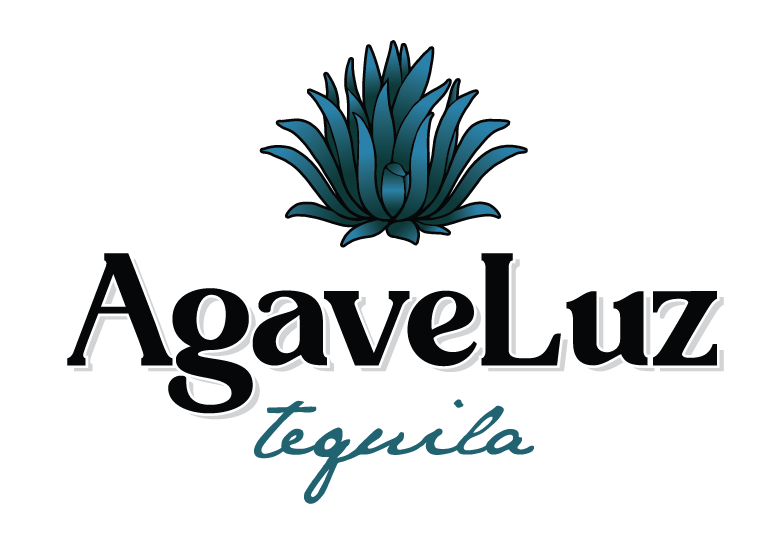
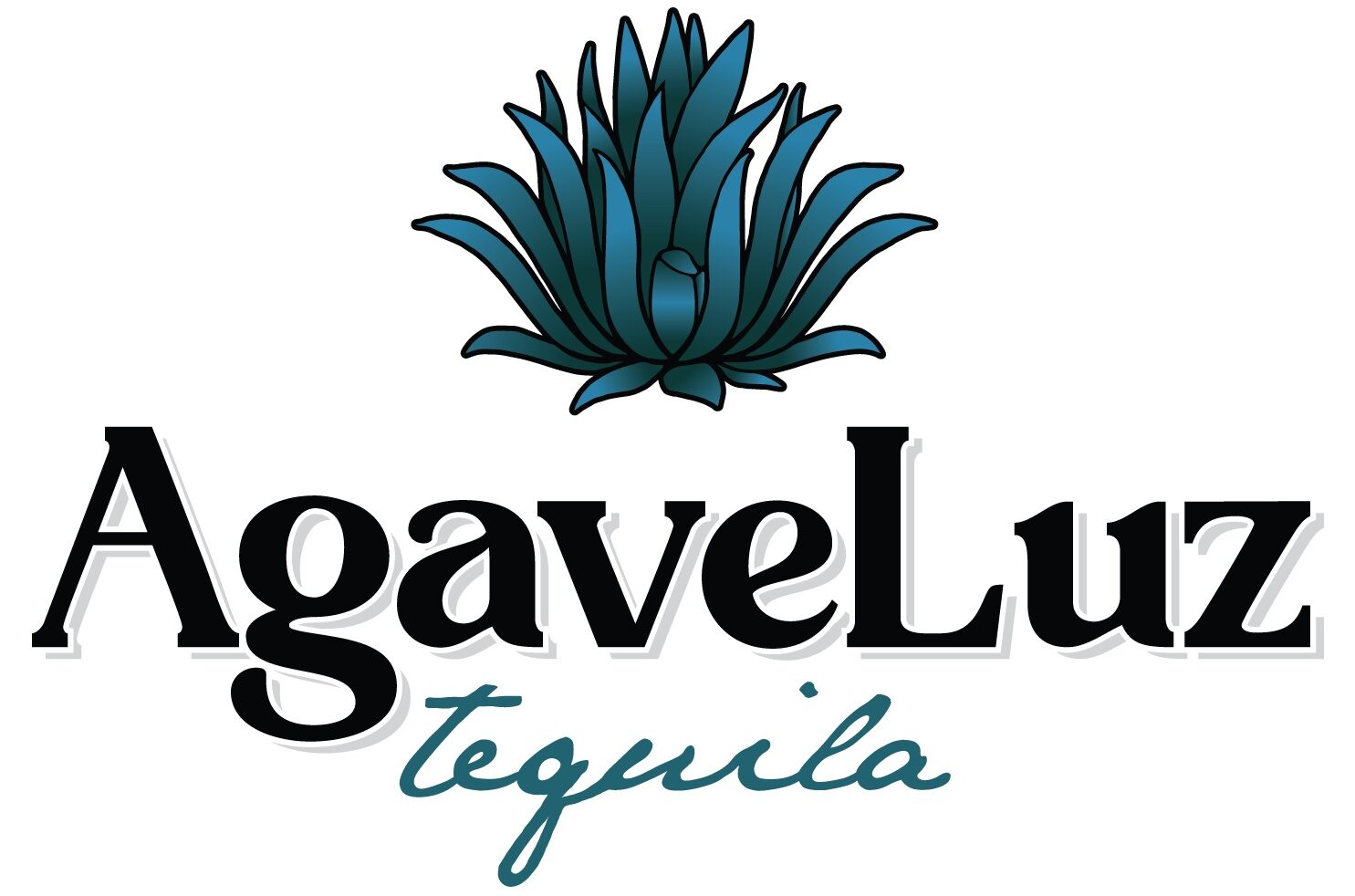

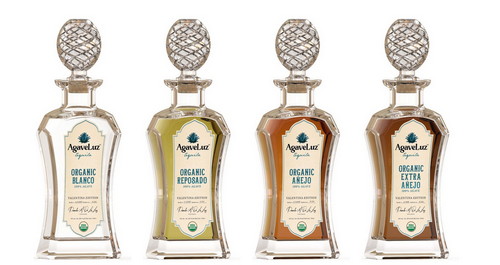
















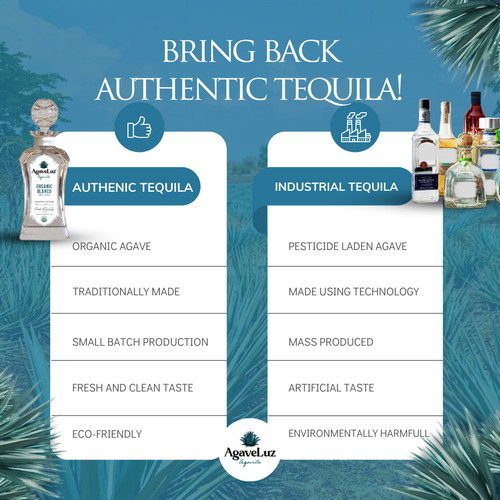

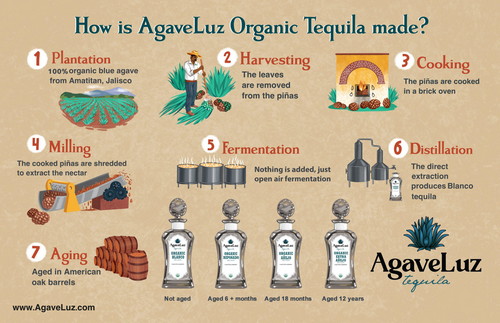

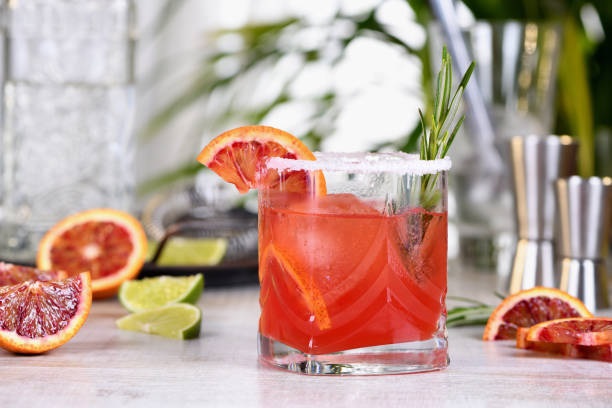
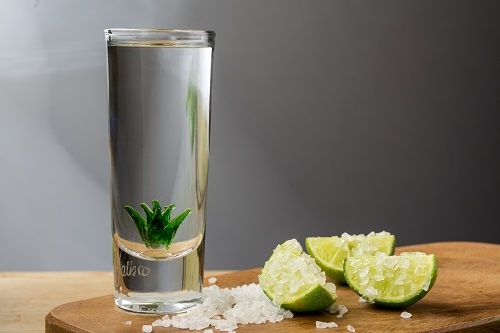
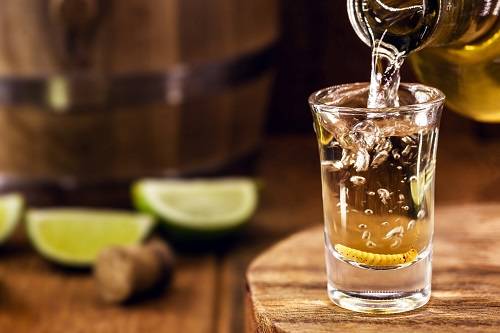
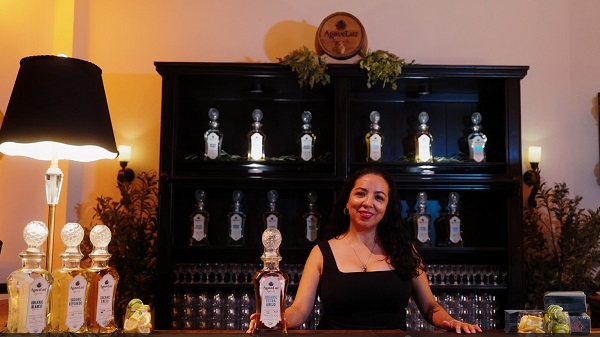
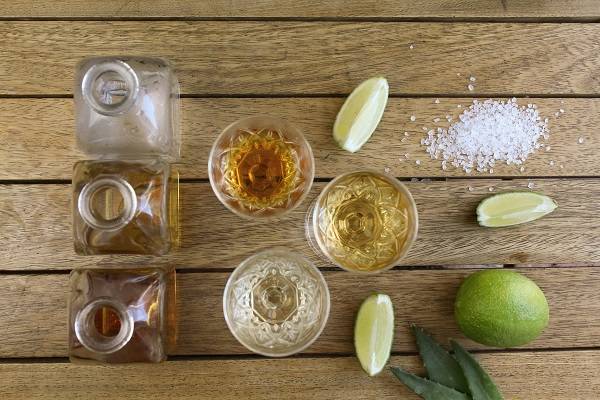
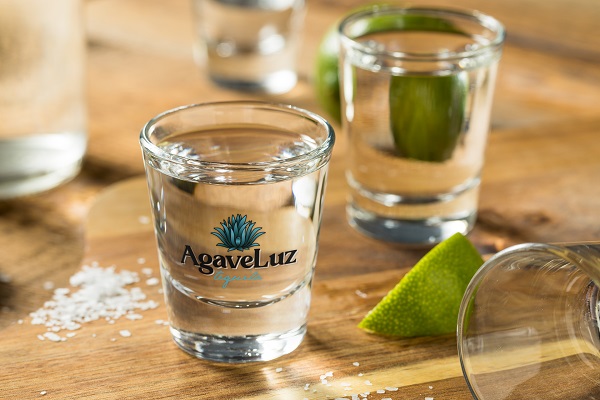
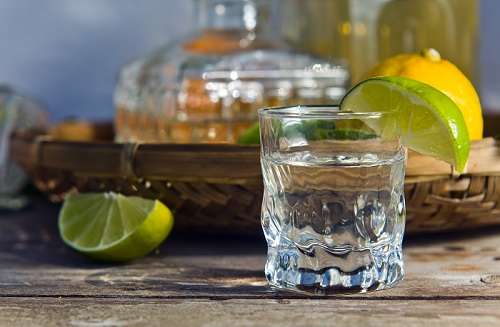
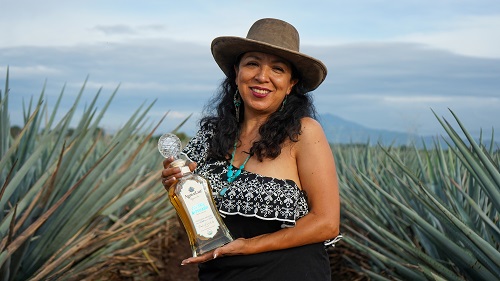
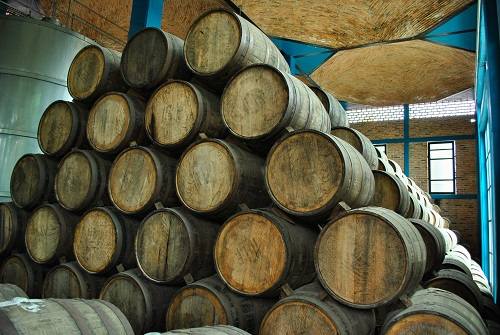
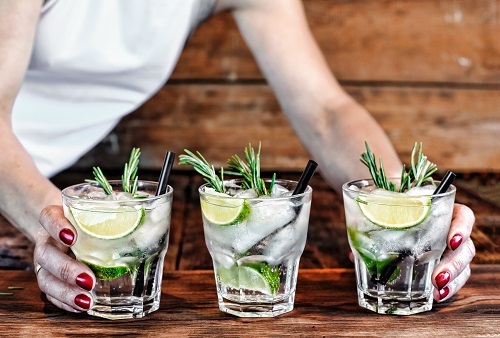
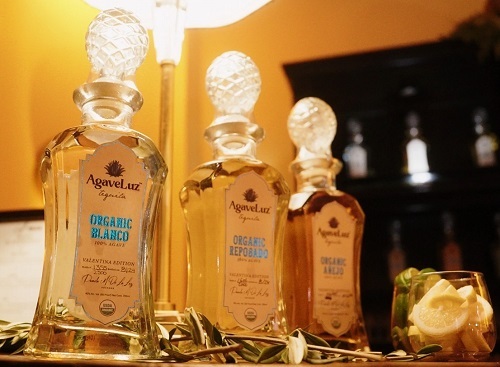
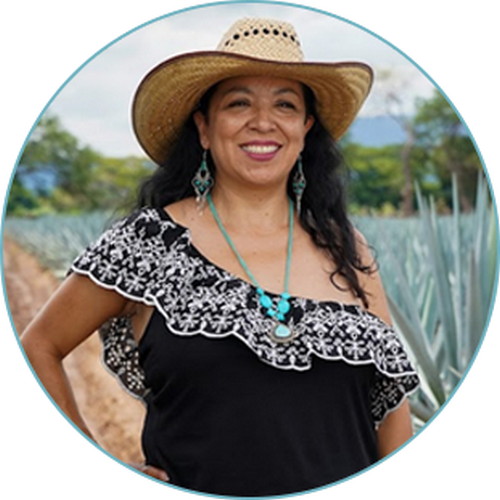


Post a Comment